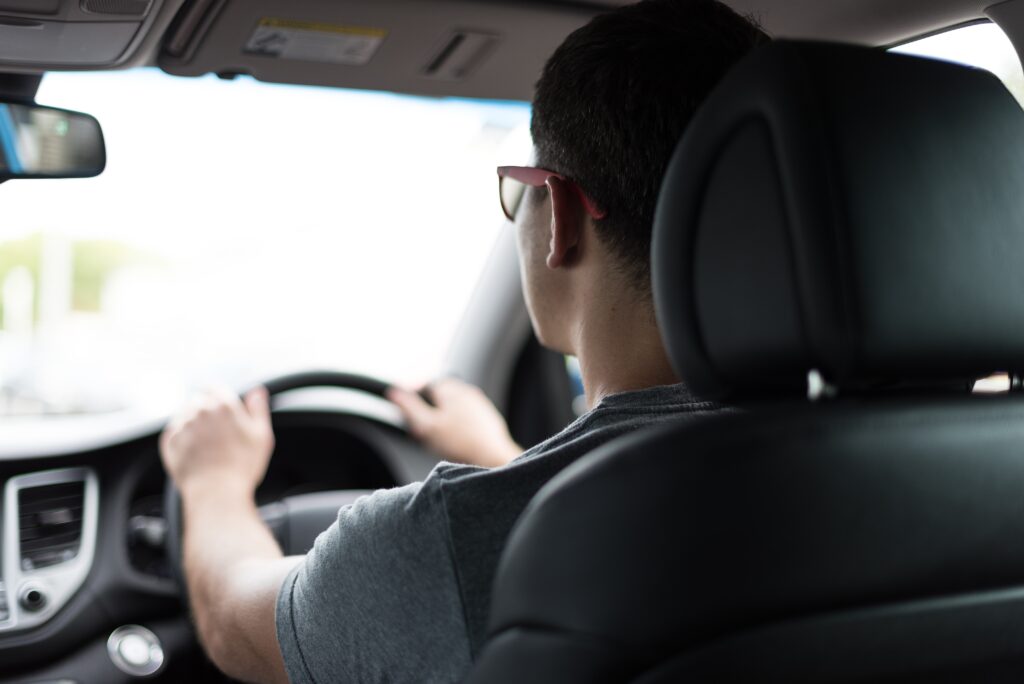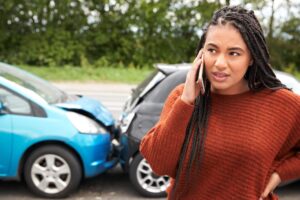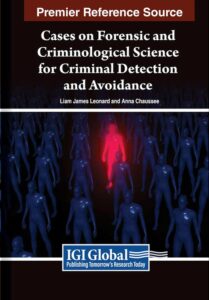Brits could face up to £5,000 fine for driving with the wrong type of sunglasses

Brits are being warned that they could face a fine of up to £5,000 for wearing the wrong type of sunglasses behind the wheel.
Serious injury specialists, Fletchers Group, have shared advice regarding which sunglasses are suitable for driving and which can impact your ability to drive safely.
According to figures from The Department of Transport, on average there are 653 road users being killed or seriously injured each year due to dazzling sun.
Sun glare is more likely to be a problem during September, October and November when the sun is low in the sky.
So, choosing the right pair of sunglasses is crucial to prevent blinding glare when you’re behind the wheel over the coming months. However, it’s also important not to opt for lenses which are too dark as they can cause their own separate risks when driving.
Jayne Orme, Associate Solicitor at Fletchers Group, has shared the sunglasses safety requirements that Brits are required to meet in order to drive safely on the roads.
What are the dangers of driving without appropriate eyewear protection?
“During certain times of the day, the sun can shine directly into drivers’ eyes, leading to reduced visibility on the road. In wet weather, sunlight can also reflect from wet road surfaces causing the same problem.”
“Rule 92 of the Highway Code specifies that you ‘must be able to read a vehicle number plate, in good daylight, from a distance of 20 metres’ whilst rule 94 states that ‘at night or in poor visibility’ you should ‘not use tinted glasses, lenses or visors, if they restrict your vision’. It is your responsibility to take the necessary measures to be compliant with the highway code, otherwise you face putting yourself and other road users at risk.”
What should I be looking for when purchasing sunglasses for driving?
“It’s imperative that your vision is clear whilst you are driving. Effectively, your eyes need sufficient light in order to see properly. It’s always a wise idea to purchase your sunglasses from a reputable supplier, where sunglasses should be branded with a CE, UV400 or British Standard Mark to ensure that they provide sufficient UV protection. Sunglasses which have an anti-reflection coating, along with a hard coating, to prevent your lenses from scratching is also recommended. It’s best to avoid sunglasses with deep side arms as they can block your peripheral vision which is vital for safe driving.”
Which sun lenses are suitable for driving?
“According to the AA, and the Federation of Manufacturing Opticians, variable and fixed tint lenses are suitable for driving. Variable tint lenses change their tint density when exposed to different levels of light so the brighter the light, the darker the lenses will turn. Fixed tinted glasses remain the same darkness, regardless of how bright or dark it is outside, and can even be added to prescription glasses. Polarised lenses usually have a fixed tint and are specially-designed to reduce glare- particularly effective on light shining off wet roads.”
Which sun lenses are not suitable for driving?
“Lenses which react solely to UV light are unsuitable for driving as car windscreens filter out UV, slowing and limiting the reaction of the lenses. As a result, you could be left with lenses that are too light for driving. Filter category 4 lenses, which only transmit between 3-8% of light are also unsuitable for driving at any time, and legally should be labelled as such.”
Which tint densities are safest for daytime and best to avoid for nighttime driving?
“For daytime driving, filter category 2 lenses, which transmit between 18-43% of light are recommended. According to Specsavers, grey, amber and brown tinted lenses are recommended for driving and it is best to avoid pink, red and blue tints as they can distort colours on traffic lights. It’s crucial to remember that lenses with light transmission of less than 75% are unsuitable for night driving as well as yellow tinted glasses.”
Fletchers Group are warning Brits of the dangers of wearing unsuitable sunglasses behind the wheel. If you’ve been involved in an accident, and it wasn’t your fault, Fletchers Group is here to help. Contact them for free advice on 0330 013 0243




